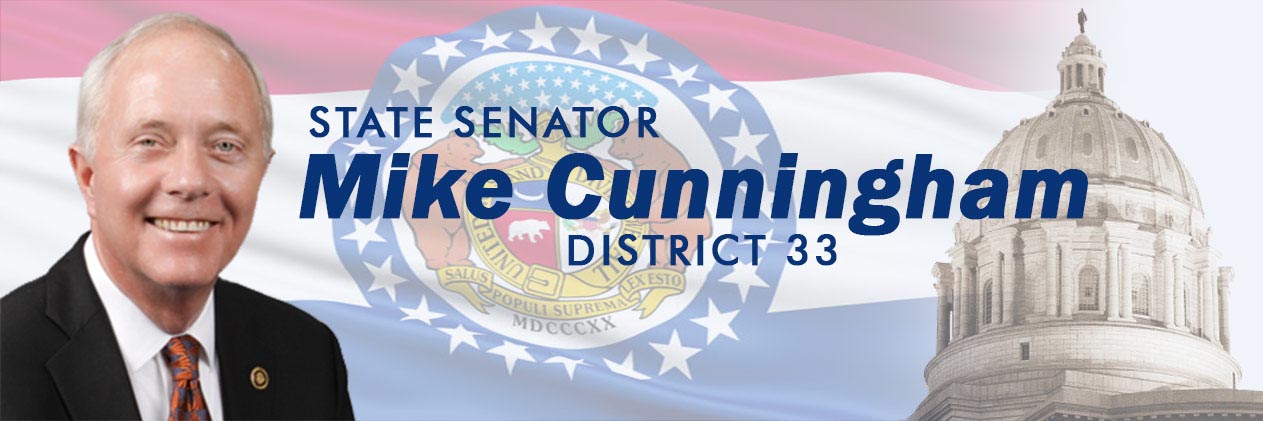
Legislative Column for Aug. 16, 2019
The U.S. Constitution requires that America’s population is counted every 10 years. We’re still several months away from the 2020 Census, but already federal workers are going door to door in preparation for the decennial survey.
Earlier this month, 40,000 U.S. Census employees began canvassing neighborhoods and back roads all across America. These temporary employees, known as “listers,” are not collecting personal information about individuals, but rather they’re noting changes to existing homes and spotting new housing developments. Their mission is to create a master list of every residence in the United States so that everyone is counted in 2020.
Rural folks are naturally suspicious of strangers coming around unannounced, but these people really are U.S. government employees. And, as hard as it might be to believe, they are here to help.
The Census is not a Missouri state government function, but our state is greatly affected by the results. Missouri’s representation in Congress is based on our population. We actually lost a seat in the U.S. House of Representatives following the 2010 Census because our share of the population fell. That also means our state had one less Electoral College vote in the presidential election. Also, many federal benefits and the allocation of federal tax dollars are based on population. It’s vitally important that every Missourian is counted.
We really do need to get this right. So, if a Census Bureau lister comes around, please cooperate. These folks will be easy to spot. Each will carry a bag or a laptop computer that prominently displays the Census Bureau logo. They’ll also have an official ID badge that bears their name, photo and an official Department of Commerce watermark. Upon request, they’ll provide their supervisor’s contact information.
This year’s army of canvassers is actually much smaller than those involved in previous counts. Nearly 150,000 employees were required to prepare for the 2010 Census. The process of creating the Census Bureau’s master address list begins with data provided by the U.S. Postal Service, as well as local and state governments. Next, sophisticated software compares satellite images of the United States over time to determine the locations of residences. Using this technology, the Census Bureau was able to verify 65 percent of U.S. addresses, greatly reducing the need for canvassers in the field.
Census Bureau employees will visit every area where it was not possible to verify addresses by other means. They’ll compare structures to the existing address list and try to identify every place where people could live or stay. Listers will knock on doors, update information and inquire about additional living quarters in the structure. If they don’t find anyone at home they’ll update the list based on what they see.
The Census Bureau expects to complete in-field address canvassing in October. The actual Census will begin in January 2020, with in-person counts of residents of remote areas of Alaska. By March, every household in America should receive an invitation to respond to the Census, either online, by phone or through the mail. Those who fail to respond will be contacted by field personnel.
The practice of counting the American population is as old as the country itself. Our Founders saw the need for accurate numbers and enshrined an enumeration of persons in Article 1 of the Constitution. Many of us are reluctant to share personal information, but it’s important that each American is accounted for when decisions are made in Washington, D.C. The U.S. Census will soon be upon us and I encourage everyone to participate.
You can find more information about the U.S. Census at www.census.gov/en.html. If you have any questions about individuals canvassing in your community, contact the Chicago Regional Census Center at 312-579-1500.
It is my great honor to represent the citizens of the 33rd Senatorial District. Although the Legislature has adjourned for 2019, I remain your senator throughout the year. If there’s anything that I can do to assist you, please feel free to contact my Capitol office at (573) 751-1882.
